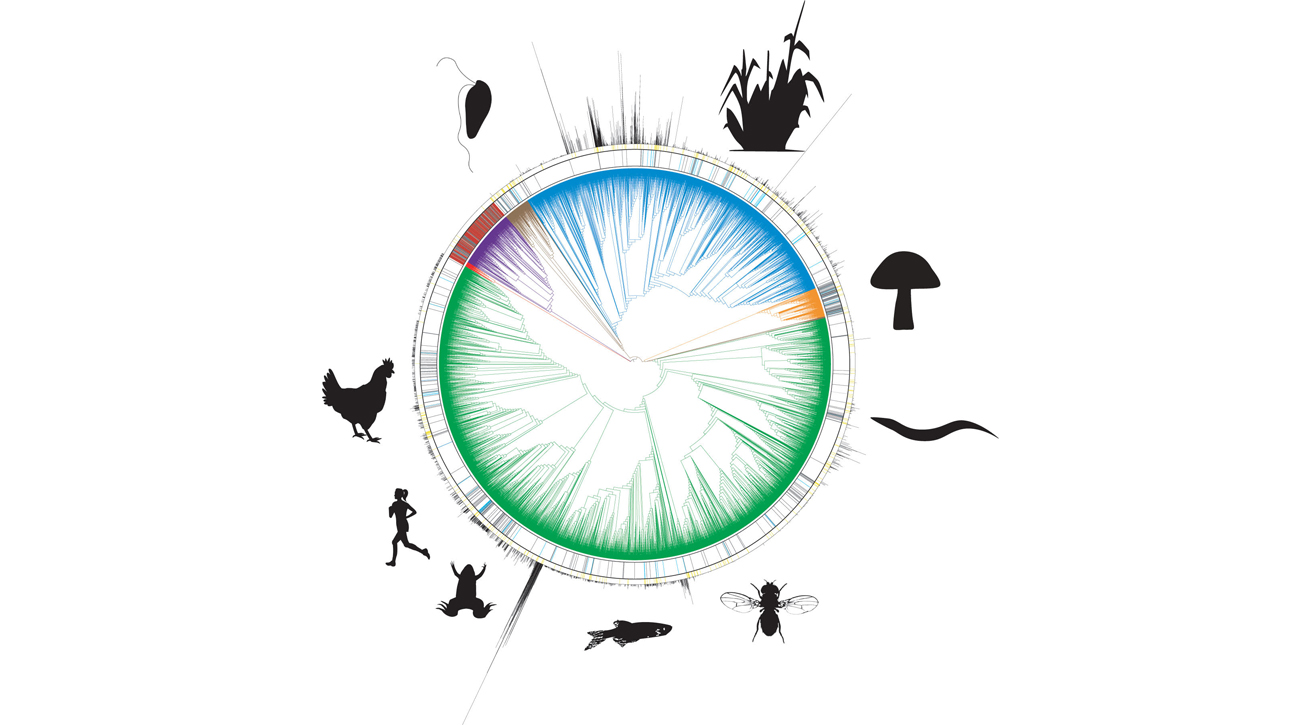The Earth BioGenome Project, a global effort to sequence the DNA from all eukaryotic species on Earth, officially launched Nov. 1 at a kickoff event in London. The project, which will take about 10 years to complete, could reframe the way we understand life and lead to discoveries in technology, medicine and genomics. It may also unveil 10 to 15 million previously unknown species.
At least 24 scientists and 17 institutions from around the world are involved in the project, including Keith A. Crandall, PhD, director of the Computational Biology Institute at the George Washington University Milken Institute School of Public Health.
The Earth BioGenome Project was inspired by the Human Genome Project, which sequenced the entire human genome. The findings of the Human Genome Project impacted human medicine, veterinary medicine, biotechnology, environmental science, renewable energy, industrial biotechnology and forensics.
“This is a really exciting concept bringing the challenge of the Human Genome Project to every species on Earth,” Crandall said previously about the project. “Like the Human Genome Project, we anticipate the Earth BioGenome Project will accelerate sequencing technologies and generate a plethora of biotechnology and pharmaceutical discoveries.”
Read more about the Earth BioGenome Project.


